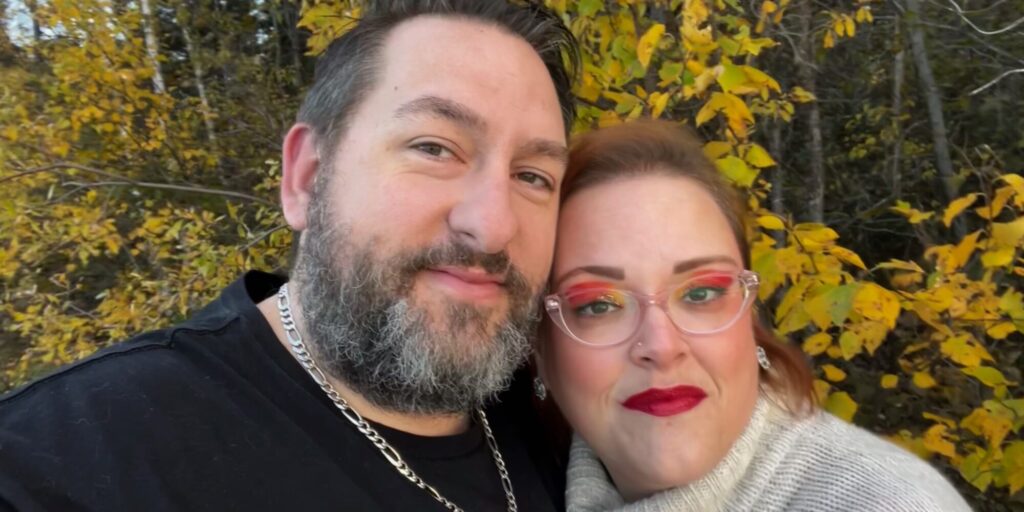Read time 2 minutes
Q-1) Could you briefly describe your story?
A-1) I started noticing vibrations, under my skin, similar to a cell phone vibration, in 2011. As time went on, I started experiencing more intense cramping in my extremities. When I went to the doctor, he suggested that it was from being diabetic and my sugars being too high. So, I worked very hard to get my sugar down. Even lost a little weight. But by 2015 the cramps were taking over my life. Taking me to my knees with pain. In the middle of a shopping mall. Finally, in 2017 I had a diagnosis. After seeing a rheumatoid doctor, 2 it’s different neurologists, and many tests. I was prescribed melaxitine and told that Cramp Fasciculation syndrome is very rare and there are not many options for treatment. Essentially, I was going to suffer with this forever.
Q-2) How has the disease changed your life, in terms of diet, work, and other activities?
A-2) Cramp fasciculation syndrome makes every aspect of my life very difficult. If I exhaust any part of my body or my entire system, I pay dearly. Ex. If I spend the day cooking and or baking, my hands will cramp endlessly. To the point where I can’t use a fork or drink on my own. I have given up on trying to craft, and did projects, I clean very rarely.
Q-3) How do you keep yourself updated about your disease? Please specify if you are a member of an advocacy group; depending on government initiatives, or reading about your disease.
A-3) The only way I have kept informed is through a Facebook group that I have found very helpful.
Q-4) Are your treatment options easy to access? Are they expensive? Is there a permanent cure for your disease?
A-4) I have been told to go to physiotherapy as well as massage therapy. However, I cannot afford such treatment. The only other treatment is a prescription medication. There is no permanent cure.
Q-5) How did the treatment affect your family’s financial situation? Did you have to take loans or borrow money from friends and family?
A-5) My family has always been poor. I have never been eligible for a loan. I have just not gotten treatment.
Q-6) Are you trying out any alternate healing techniques?
A-6) No
Q-7) How did you and your family deal with your changed circumstances?
A-7) It has been difficult. My children are wonderful, they help out whenever they can. However, that means they have to do more house cleaning and chores than most teenagers.
My husband is having a bit of a hard time dealing with the stress. As well, I move around a lot in my sleep, twitching with fasciculations, which affects his sleep.
Q-8) Please share one aspect of your journey that touched you most.
A-8) My two teenage children have been amazing. They love me and do as much as they can to help me.
Q-9) Do you have a secret to staying strong? What inspires you to keep fighting?
A-9) My children keep me going. They deserve me to keep trying. And I want to be around to see them grow up!
Q-10) What would be your message or advice to patients diagnosed with rare diseases?
A-10) You’re not alone. No matter how bleak it may seem. Stay strong.
DISCLAIMER
The views expressed in this article are the author’s own and do not represent any kind of medical advice.


